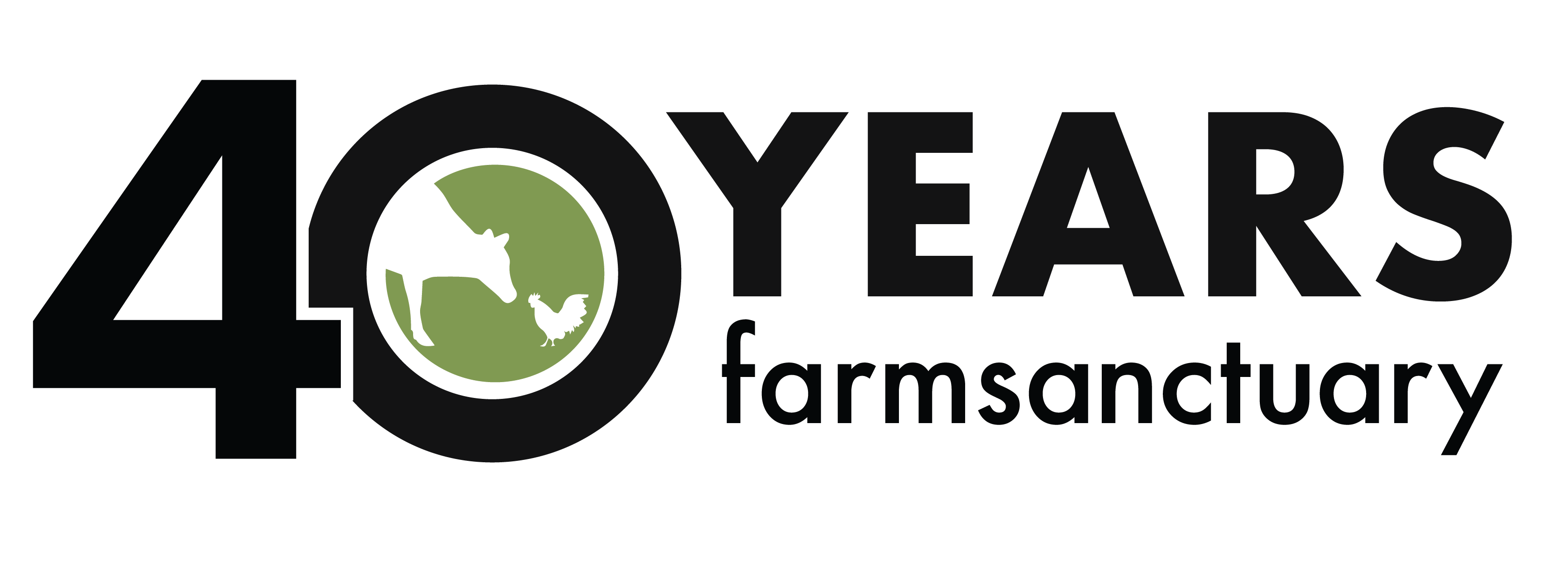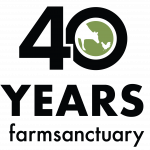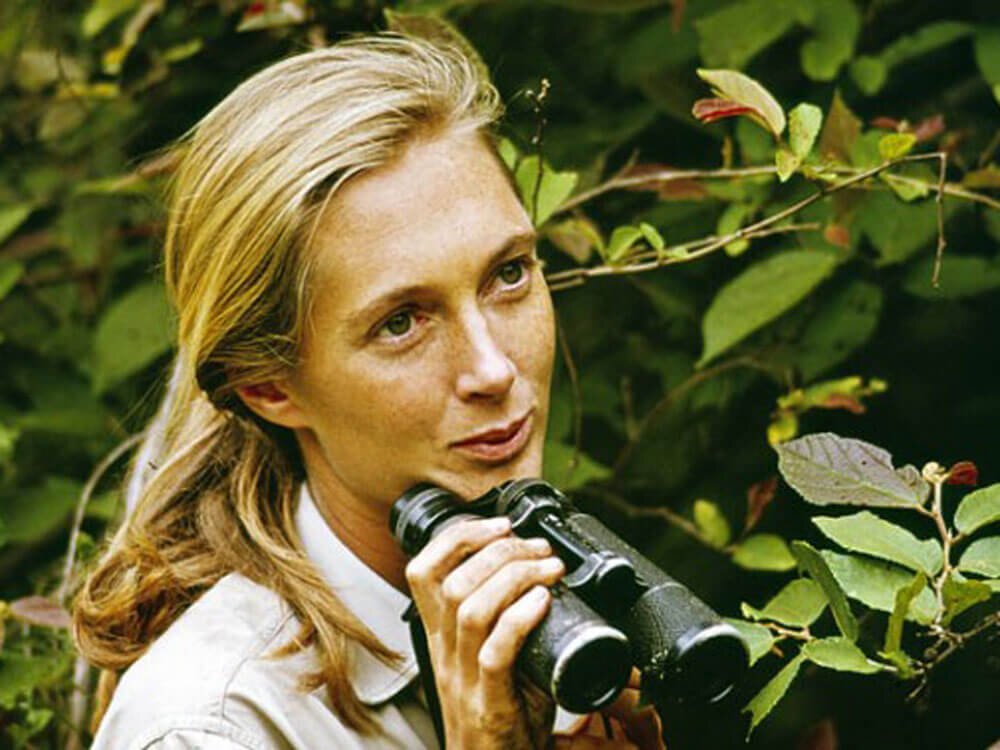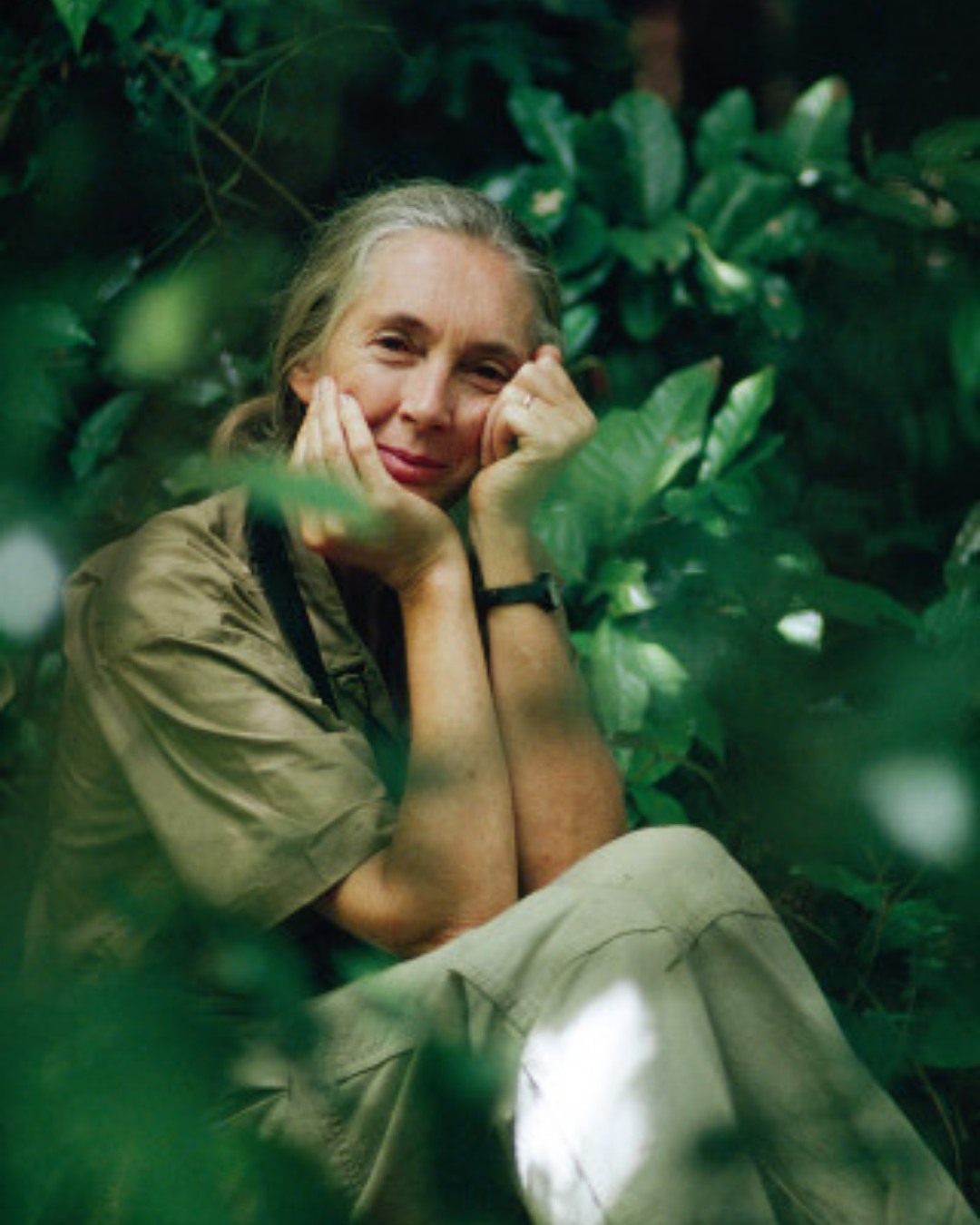Jane consistently carried herself with grace and integrity. With unwavering empathy, she moved countless people around the world to consider other animals as individuals who matter. Her message blended an urgent call to action with reassuring hope that together, we can make a meaningful difference.
She understood animals on a personal level, and she also saw the bigger picture, advocating for both individuals and for holistic solutions to structural problems. I was blessed to meet Jane on several occasions, and I recall a dinner conversation around 20 years ago where she stressed the need to transform economic ecosystems where people survived through poaching and other harmful practices by creating non-extractive opportunities, such as plant-based agriculture.








